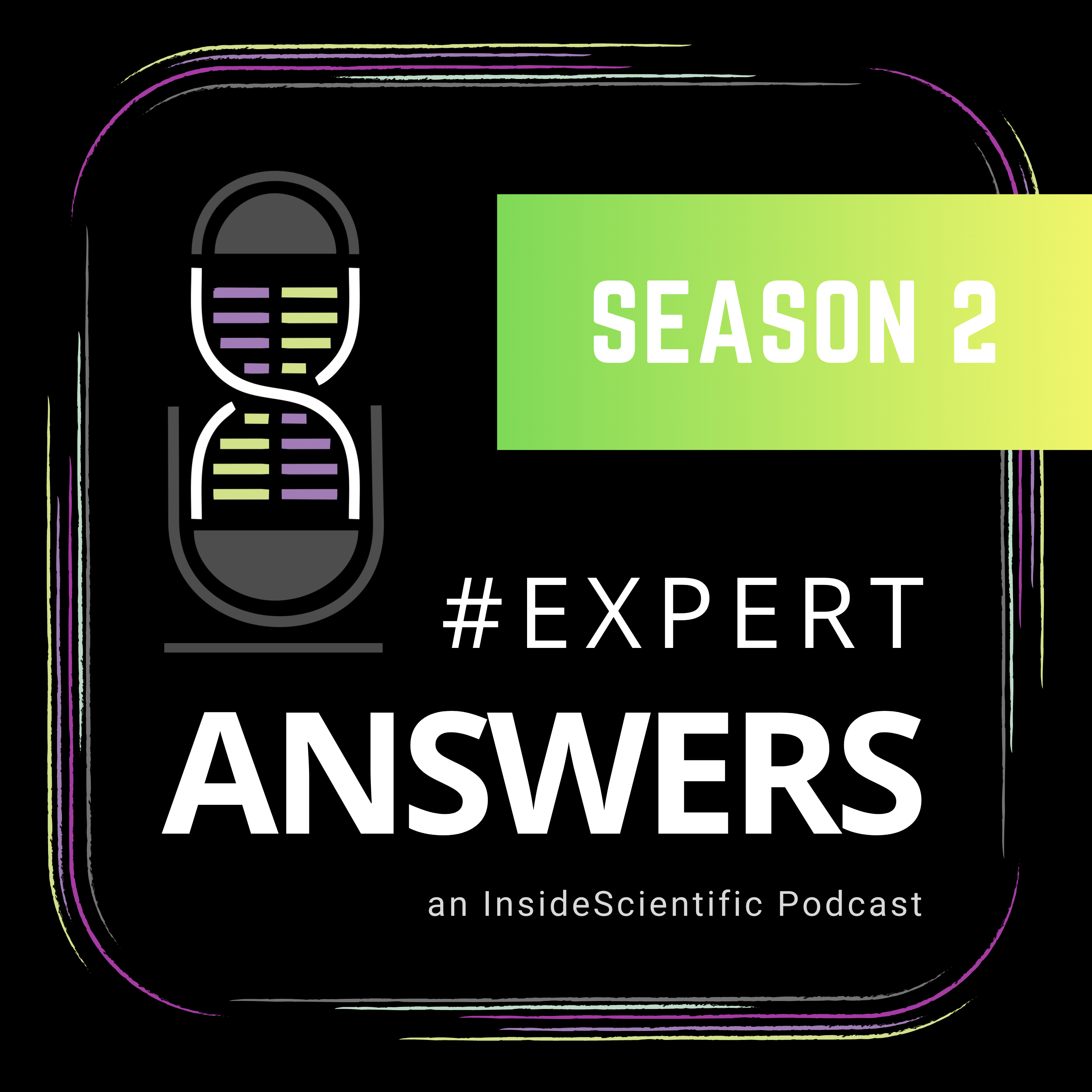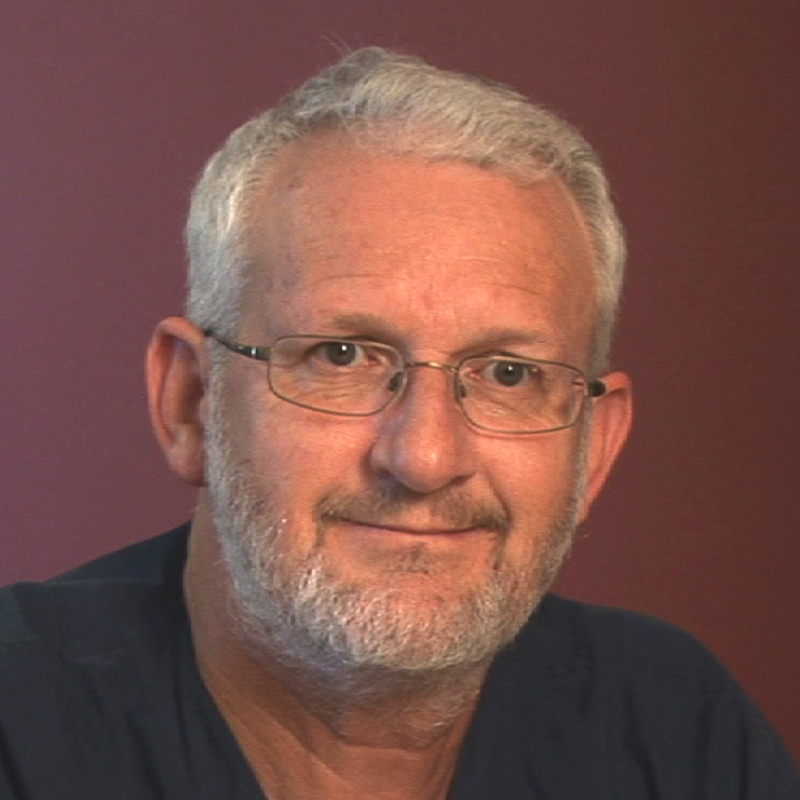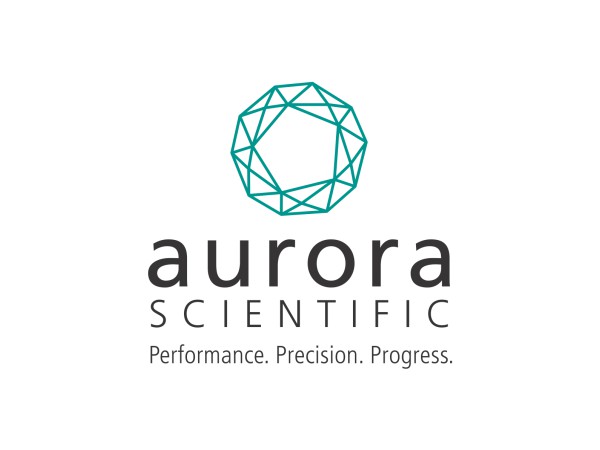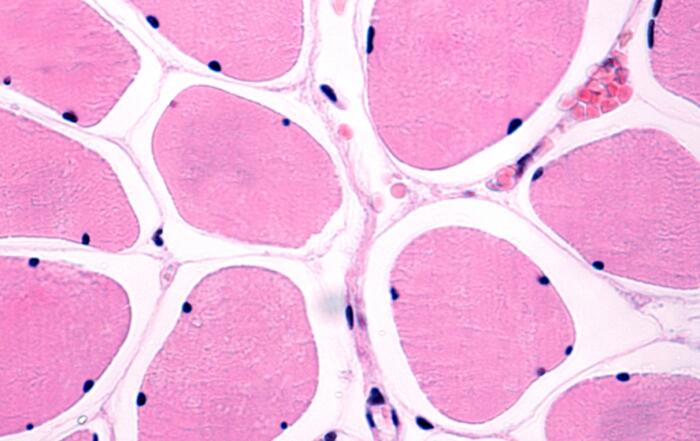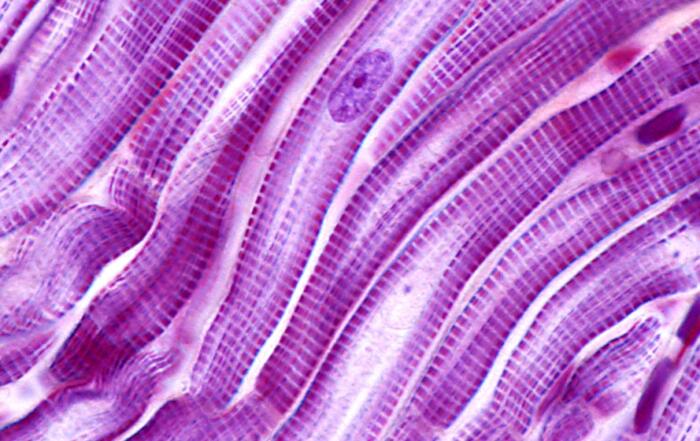An important webinar for muscle researchers discussing characterization of complete muscle function by combining lengthening, shortening and isotonic contraction tests with traditional isometric twitch and tetanus measurements.
Quantifying muscle function continues to be an important part of any research where muscle is being directly or indirectly studied. However, a broad survey of literature reveals research remains heavily skewed towards isometric twitch and tetanus testing, which may not necessarily provide the most physiologically relevant data to the researcher. This webinar intends to discuss the subject of complete characterization of muscle and how scientists can combine a number of functional tests in their experimental design to better reveal scientific findings relating to muscle dynamics.
In this webinar sponsored by Aurora Scientific, experts show how to increase your experimental toolbox to create protocols that utilize lengthening, shortening and isotonic contractions, in addition to the more common isometric tests. Viewers will learn when it is best to implement these new protocols to obtain the most complete data possible.
Resources
To retrieve a PDF copy of the presentation, click on the link below the slide player. From this page, click on the “Download” link to retrieve the file.
Presenters
Associate Professor
HNFE, Department of Human Nutrition, Foods and Exercise
VirginiaTech
General Manager
Aurora Scientific Inc.
